Table of Contents
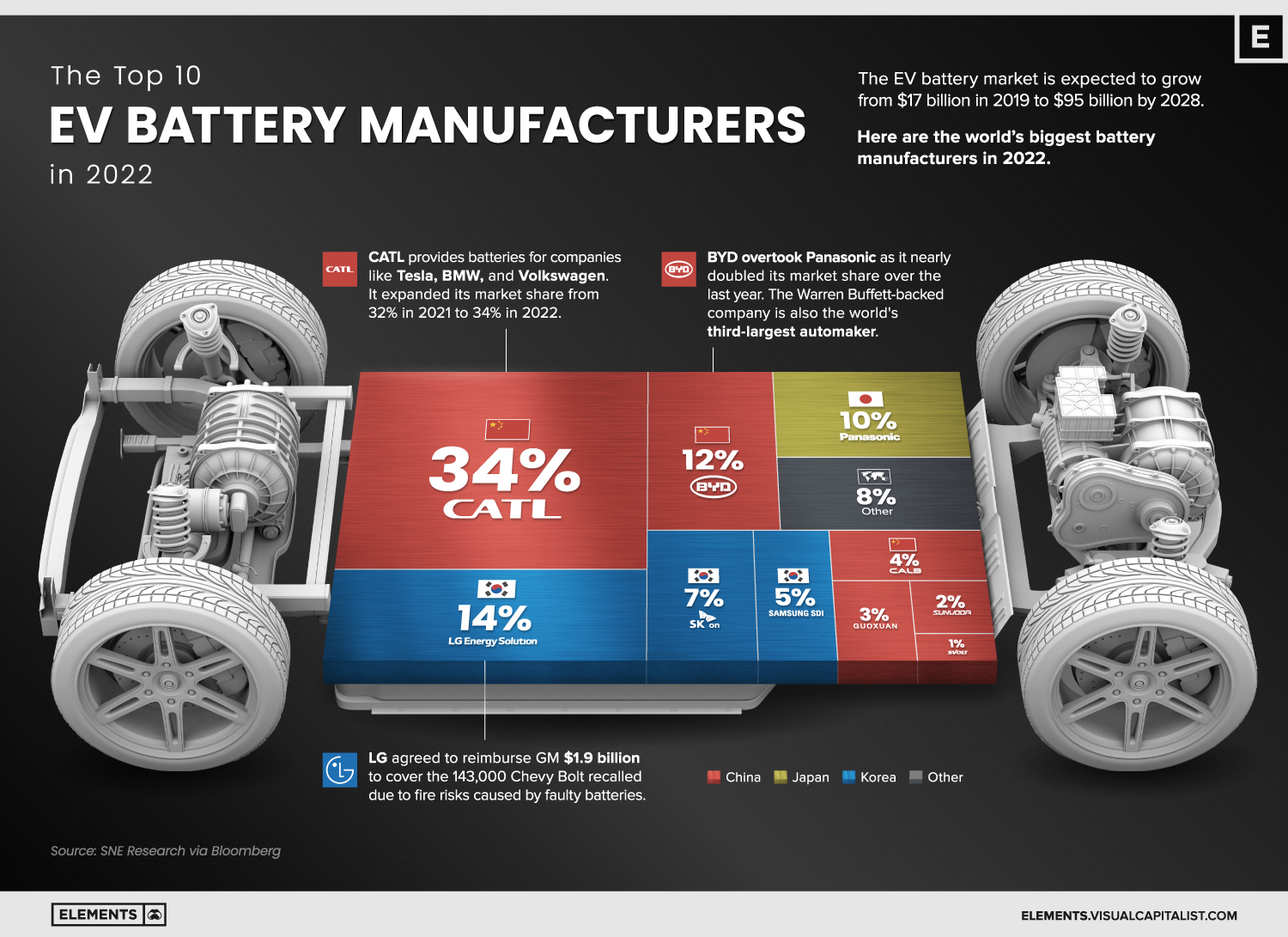
Summary: How to Keep Your EV Battery Healthy
-
Try to keep your EV battery from getting too hot.
-
Don’t overcharge or deeply discharge your EV’s battery to keep it from wearing out.
-
Fast charging should be used sparingly to help your battery last longer.
-
Use the 20-80 charging rule to maximize battery life.
-
Keep an eye on your battery’s health through its management system.
What Causes an EV Battery to Wear Out?
Think of your electric vehicle’s battery as the heart of the car – it’s vital for everything the car does, from starting up to providing that silent, smooth ride you love. But just like your heart, it needs proper care to keep it beating strong. Let’s dive into what can cause your EV battery to wear out and how you can prevent it.
The Effect of High Temperatures on Your Battery’s Health
Have you ever noticed how your phone starts acting up when it’s too hot? The same thing happens to your EV battery. High temperatures can speed up the chemical reactions in the battery cells, which can reduce their lifespan. That’s why it’s so important to keep your EV cool – it’s not just about comfort, it’s about keeping your battery healthy.
Overcharging and Deep Discharges: The Impact
Charging your electric vehicle (EV) may seem simple – just plug it in and forget about it, right? Not exactly. Consistently charging your battery to 100% can put a strain on it, while allowing it to deplete to 0% is equally damaging. This kind of wear and tear can decrease the overall lifespan of your battery, resulting in a reduced range over time.
The Detriments of Fast Charging
Fast charging stations are a godsend when you’re in a rush, but they’re akin to the junk food of the charging world – they’ll do in a pinch, but they’re not ideal for your battery’s health if used excessively. They can cause your battery to overheat, which we’ve established is detrimental to battery life.
Reasons for Electric Car Battery Wear Out
|
Reason |
Description |
|---|---|
|
Heat |
High temperatures can cause secondary reactions to happen faster, leading to the metals in the cathode to dissolve into the electrolyte and become useless, and cause the arrangement of atoms in the cathode to change, potentially resulting in lost capacity or higher resistance. |
|
Extreme State of Charge |
Keeping the battery fully charged or running it down completely can cause stress on the battery, leading to a decrease in battery performance. |
|
Use in Lower Temperatures |
Lower temperatures can lead to a more difficult time accepting lithium, causing the lithium to plate and leading to decreased battery performance. |
|
Fast Charging |
Fast charging can put more stress on the battery with heat buildup, leading to a decrease in battery performance. |
|
Cycling |
Frequent charging and discharging can cause wear and tear on the battery, reducing its overall lifespan. |
|
Manufacturing Defects |
In some cases, battery wear out can be due to manufacturing defects or poor quality control. |
|
Age |
Over time, all batteries will degrade and lose their capacity, even with proper care and maintenance. |
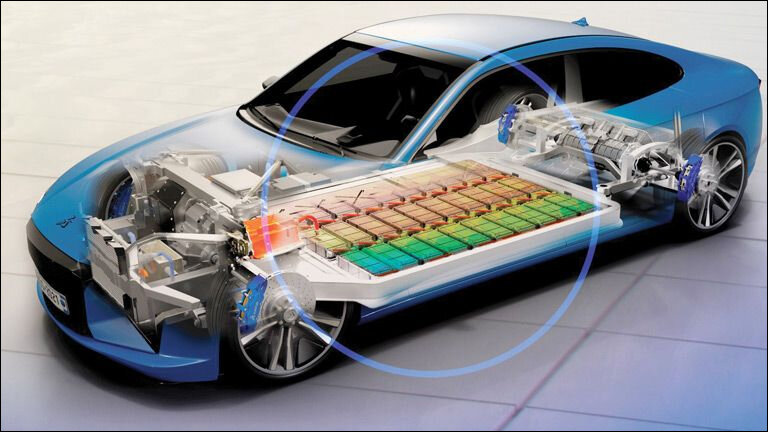
How to Extend the Life of Your EV Battery
The 20-80 Rule: The Best Charging Method
There’s an easy way to keep your EV’s battery healthy: follow the 20-80 rule. Try to keep your battery’s charge between 20% and 80%. Think of it as a comfortable range for your battery, not too full and not too low, which is ideal for extending the life of your battery.
-
Begin charging your battery when it gets down to 20%.
-
Stop charging once it reaches 80%.
-
Modify your EV’s charging settings to assist you in staying within this range.
Sticking to the 20-80 rule is akin to a workout regimen for your battery – it maintains its health and avoids the extremes that can lead to wear and tear.
How do you monitor the health of your battery? This is where the car’s Battery Management System (BMS) comes into play.
Understanding the Battery Management System (BMS)
Think of the BMS as your battery’s personal bodyguard. It keeps an eye on the battery’s temperature, voltage, and state of charge to ensure it’s operating as it should. The BMS also protects the battery from the damaging effects of high temperatures and overcharging. If you’re serious about maintaining your battery’s health, it’s worth getting to know your BMS.
Selecting Your EV: Understanding Battery Warranty and Anticipated Lifespan
When you’re shopping for an EV, don’t be distracted by the sleek body. Take a closer look at the specifics of the battery warranty. Most automakers provide a warranty that guarantees your battery for a set number of years or miles, whichever is reached first. This warranty is your insurance policy, promising that if your battery’s health deteriorates, you’re protected.
Often, manufacturers will provide a warranty that ensures the battery will maintain a specific percentage of its initial capacity over the warranty’s duration. This is significant because it provides you with a clear understanding of how your battery should perform as it gets older.
Service and Maintenance: When to Seek Professional Help
Despite your best efforts, there may be times when your EV needs a professional’s touch. If you notice any strange changes in your battery’s performance or range, it’s time to seek professional help. A trained technician can perform diagnostics to make sure your battery is working properly and help you catch any potential problems early.
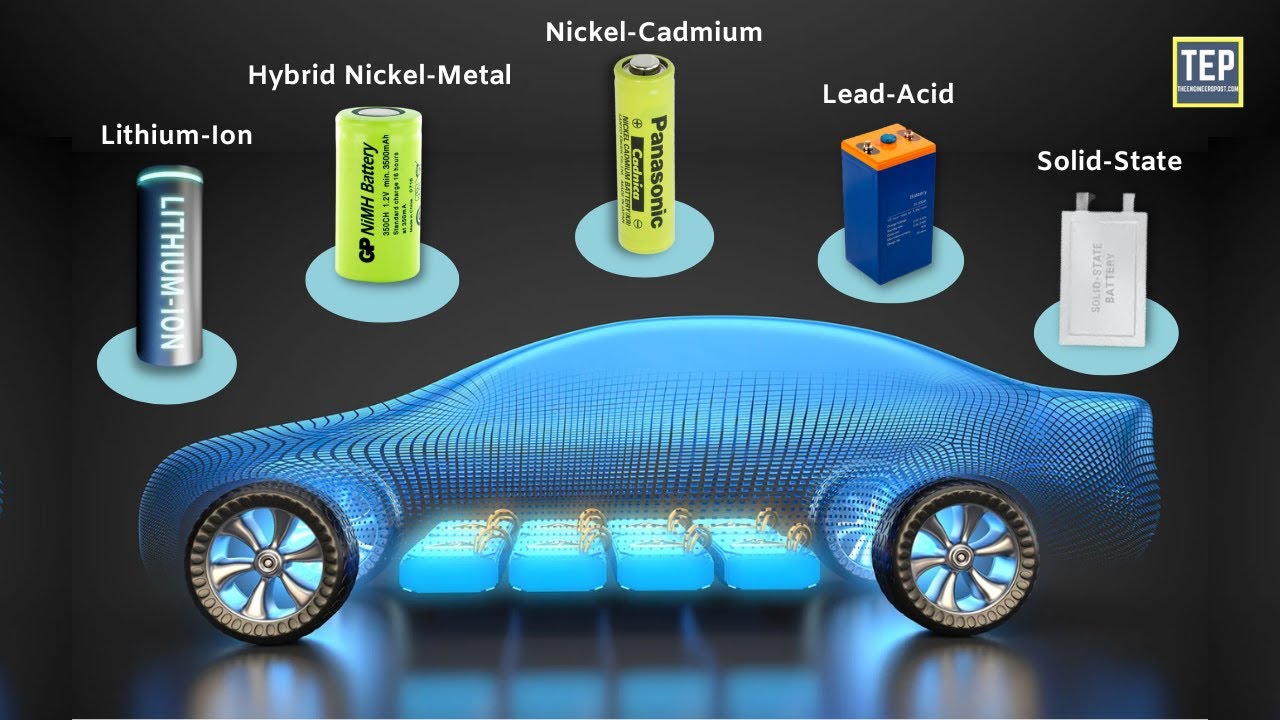
Practicality Meets Technology
Don’t forget, maintaining the health of your EV’s battery isn’t just about the present – it’s about guaranteeing a sustainable, efficient future for your vehicle.
Technology is always advancing, and this includes the technology in your EV. Keeping up with software updates is a simple method to keep your battery operating efficiently.
Software Updates: Boosting Your Battery’s Intelligence
Similar to your smartphone, your EV becomes more intelligent with each software update. These updates can enhance the functionality of your BMS, resulting in improved battery health and lifespan. Don’t miss out on these updates – they’re like a complimentary boost for your battery’s intelligence!
Emerging Technology: Solid-State Batteries
There’s always something exciting on the horizon in the world of EVs, and one of the most promising developments is solid-state batteries. These batteries are expected to be safer, charge faster, and last longer than the lithium-ion batteries currently in use. By staying informed about this technology, you can get a sneak peek into the future of EVs and their batteries.
The Future of Charging Innovations and Infrastructure
Charging infrastructure is getting better and better. More charging stations are being built, and new technologies are making charging quicker and more efficient. If you want to keep your battery in top shape, you should take advantage of these innovations as they become available.
Preserving Your Energy
Remember, the times when you’re not driving your EV are just as important. Proper storage can make a big difference in the health of your battery, especially if you’re planning to let your EV sit for a while.
How to Store Your Electric Vehicle for Optimal Battery Health
When storing your electric vehicle, always keep the battery charge between 20% and 80%. Leaving it fully charged or near empty for extended periods can strain the battery. If you can, store your EV in a cool, dry location to shield the battery from extreme temperatures.
Storing Your Electric Vehicle: Tips for Long-Term Battery Health
When you’re not driving your electric vehicle, it’s important to store it properly to maintain the health of the battery. It’s like putting your EV to bed – you want to make sure it’s snug and ready to hit the road when it wakes up.
These are the things you need to be aware of when you store your electric vehicle:
-
Keep your battery charge between 20% and 80%.
-
Keep your EV in a cool, dry location to protect it from extreme temperatures.
-
If you’re not using your EV for a few months, you might want to disconnect the battery.
By following these tips, you can avoid putting unnecessary stress on your battery, making sure it’s in the best shape possible when you’re ready to get back on the road.
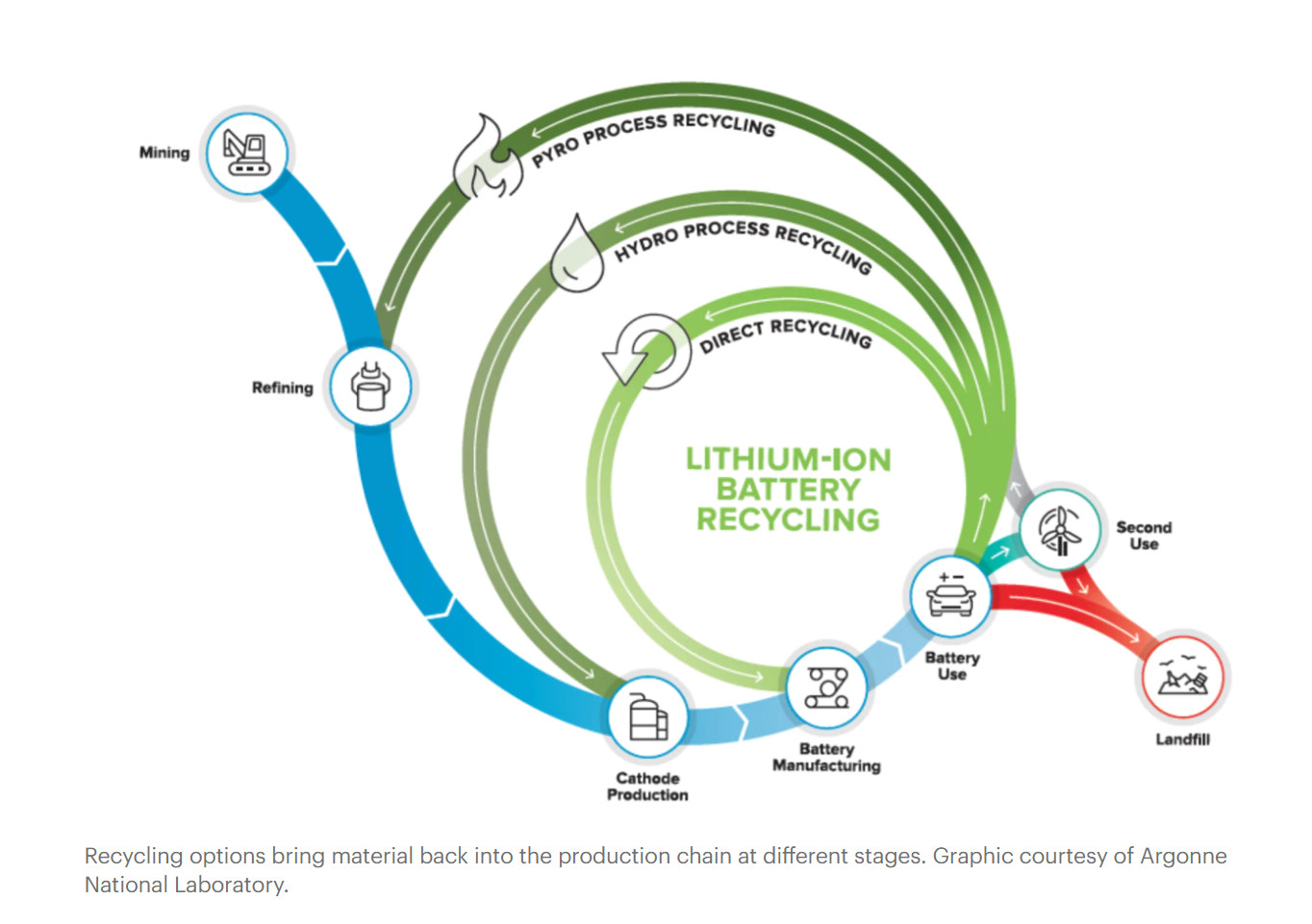
Repurposing and Recycling: Second-Life Strategies
Ever wondered what happens to EV batteries when they’re no longer useful in your vehicle? They don’t simply disappear. Instead, they can be repurposed for other uses such as energy storage for homes or businesses. This not only gives the batteries a new lease on life but also helps to reduce waste and contribute to a more sustainable energy ecosystem.
Common Questions on EV Battery Maintenance
Are you wondering how to maintain your EV battery at its best? You’re not the only one. Here are the answers to some frequently asked questions that can help you understand and take better care of your EV’s battery health.
Will My EV Battery Be Irreparably Harmed By Extreme Temperatures?
Yes, if your EV battery is exposed to extreme temperatures for an extended period, especially heat, it may suffer permanent damage. During hot weather, try to park in the shade or in a garage, and avoid charging the battery to 100% in freezing conditions.
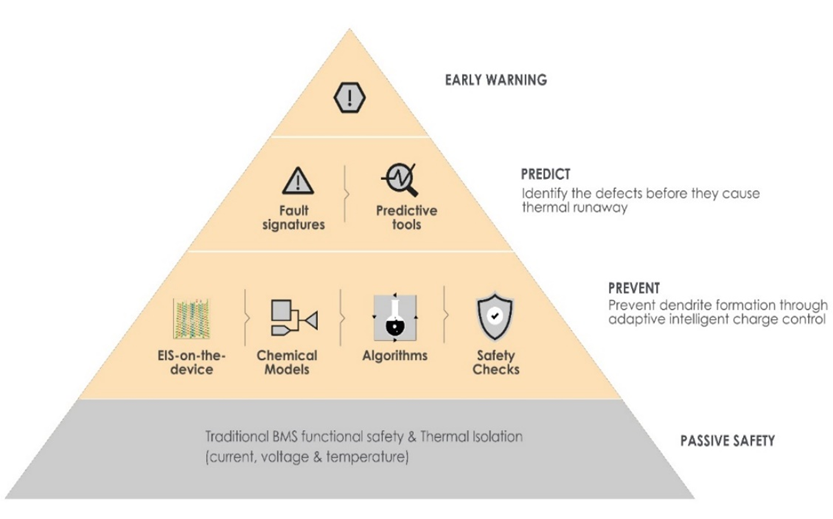
Is Charging My EV Every Night Harmful?
Charging your EV every night isn’t necessarily harmful, but it’s not always necessary. Stick to the 20-80 rule for charging, and only plug in when necessary to maintain that range. This approach can help extend your battery’s lifespan.
Moreover, by not always charging your battery to 100%, you’re reducing the strain of full charges, which can help to extend the overall life of your battery.
How Do I Know if My EV Battery Is Wearing Out?
Indications of battery wear include a visible drop in range and reduced acceleration. Your EV’s BMS should warn you of any health problems, but regular inspections at a service center can give a more detailed view of your battery’s status.
What to Do if You Notice a Significant Drop in Range?
If you see a substantial decrease in the range of your electric vehicle, it’s time to seek professional help. This could indicate that the battery is degrading, and a professional can help you identify the cause and decide on the best way to address it.
Pay attention to the warning signs – acting early can often stop bigger problems from developing later on.
Can I Upgrade My EV Battery System?
Some car manufacturers offer upgrades or replacements for your EV battery system that can improve performance and range. Keep an eye out for announcements from your car manufacturer for possible upgrade options.
However, keep in mind that taking care of your existing battery can be just as effective in extending its lifespan and performance.





Leave a Reply